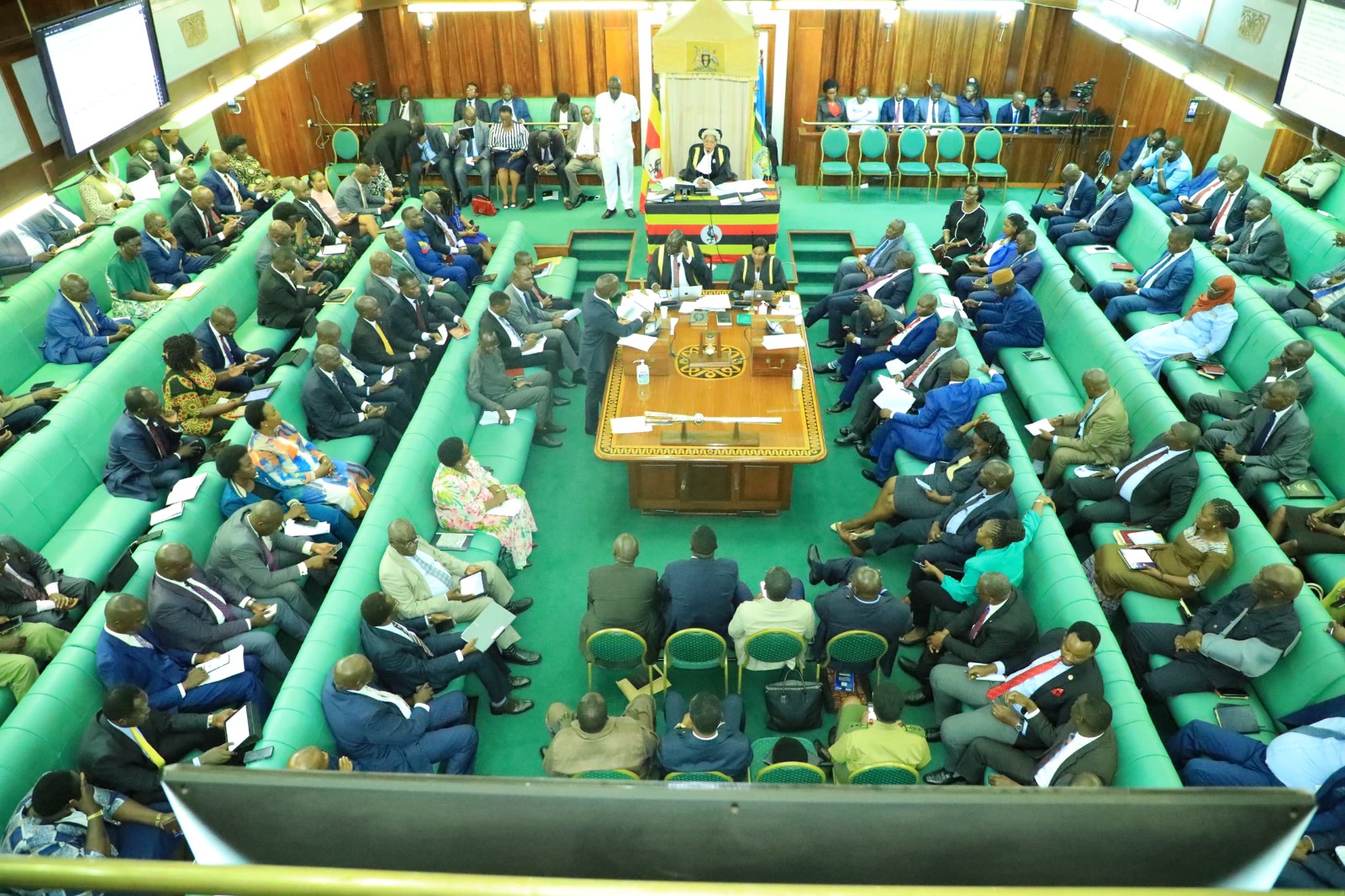
A motion aimed at censuring four backbench commissioners of Parliament over the allocation of Shs400m to Shs500m in Service Awards has sparked intense political debate, dominating headlines and parliamentary corridors this past week.
The motion, spearheaded by MP Theodore Ssekikubo, has seen a mixed reaction among MPs, with some lending their signatures while others express reservations.
.jpg)
To bring the motion to the floor, at least 177 signatures are required. However, the initiative is facing criticism for being poorly conceived and executed, with accusations of hypocrisy and political vendetta.
"Am also not comfortable with an omas motion because you see each commissioner should be treated independently, Hon Mpuuga issues happened when he was a leader of opposition not when he's a commissioners now," Wildfred Niagara mp Ndorwa east stated.
The controversy stems from a corrigendum presented by the Ministry of Finance, Planning, and Economic Development. This corrigendum, which included budget items for both recurrent and development purposes, featured an allocation aimed at enhancing MPs' welfare, which passed without objection.

The approval process followed Article 155(4) of the Constitution, sections 12 and 13(4) of the Public Finance Act, 2015, and rules 148(2) and 148(3) of the Rules of Procedure of Parliament.
"The entire Parliament approved these funds," noted Nathan Brannigan Mp Bukanga North. "It is hypocritical for members to now target four colleagues for an allocation they themselves endorsed."
During the session, the Speaker presented multiple budget items, including the contentious allocation, and members expressed their approval. This has led to claims of selective memory and opportunism by the motion's supporters.

"Those pushing for this motion should reflect on their own role in approving these funds before directing their energies towards persecuting four colleagues," argued MP Ibrahim Ssemujju Nganda.
Proponents of the motion, however, argue that it is a necessary step towards ensuring accountability and transparency.
"This motion is about holding our colleagues accountable and setting a precedent against misuse of funds," asserted MP Theodore Ssekikubo. "We must uphold ethical standards within Parliament."
Yet, the debate has revealed a broader issue: the apparent lack of thorough comprehension and scrutiny by MPs regarding parliamentary business.
.jpg)
This situation has raised questions about the diligence and effectiveness of parliamentary procedures.
"This is a wake-up call for all MPs to take their responsibilities seriously," said MP Sarah Opendi. "We need to ensure that accountability is not just a word but a practice embedded in our parliamentary culture."
As Parliament prepares to tackle this contentious motion, its outcome remains uncertain. The motion to censure the commissioners has highlighted the complexities and challenges of governance, emphasizing the importance of transparency, accountability, and thorough legislative scrutiny. Whether the motion will secure the necessary support or falter amid growing calls for introspection and reform remains to be seen.











